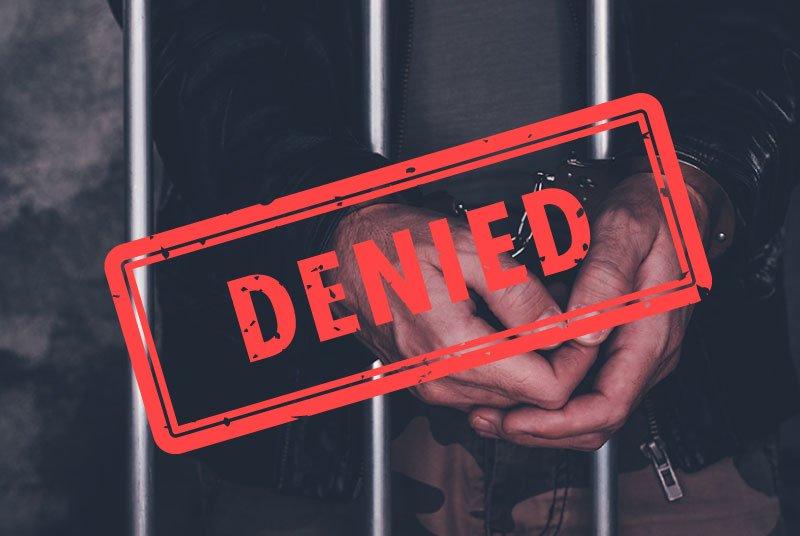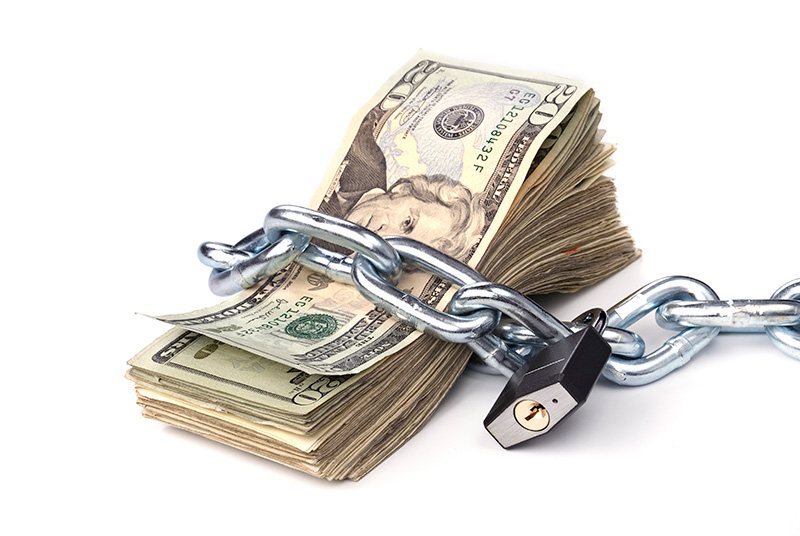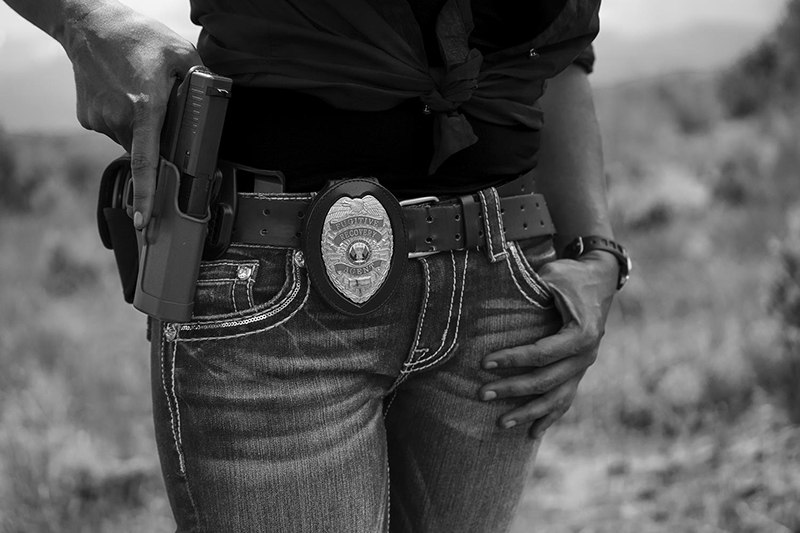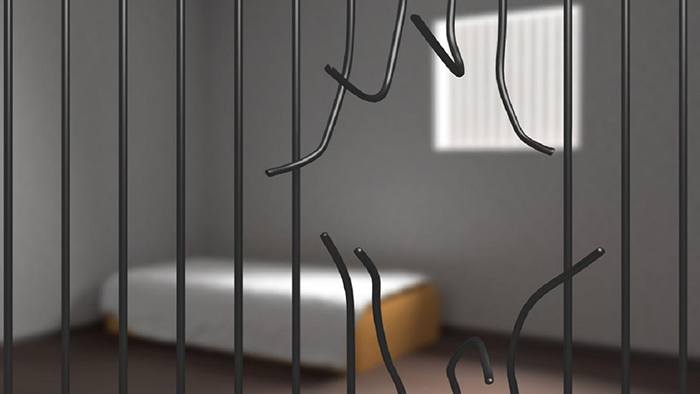Bail Bonds Blog and Resources
8 Common Reasons You Might Be Denied Bail
- Details
- Published: Saturday, 10 November 2018 21:21
- Written by Chris Ramos
When a person has been arrested one of the first things they’ll want to do is contact a bondsman and arrange bail. If the crime they were arrested for was something like disorderly conduct they’ll likely be informed of the bail for their particular offence once they’ve been charged. If they were arrested on suspicion of a more serious crime they’ll probably need to wait a day or two until they have a bail hearing before a judge. While most jurisdictions have recommended bail amounts in place judges are given quite a bit of leeway when it comes to setting or even denying bail. The following are 8 of the most common reasons why a person may be denied bail.

How do I Know I’ll Get My Bail Money Back?
- Details
- Published: Friday, 02 November 2018 11:39
- Written by Chris Ramos
A lot of people who put up money and/or collateral in order to bail out a loved one or friend do so without thinking the entire process through. They either put up the entire amount in cash or put down the 10% bail fee and the necessary collateral, and then they wait. Even if the bondsman did his duty and explained the entire process to them they may have been so involved emotionally in trying to free their loved one that they weren’t really listening all that well. Later, after the drama of coming to the rescue has faded away, they invariably start thinking about the implications of what they’ve done and start wondering at what point they’ll get their money back. Or if indeed they will get it back at all.

Demystifying How Bail is Set
- Details
- Published: Friday, 19 October 2018 11:14
- Written by Chris Ramos
A lot of people who follow the news are often mystified when they hear that one person was released after posting minimal bail for a particular crime while another was held without bail for something similar. Who makes these decisions? Is it all up to the judge to decide bail or are there other unseen forces at work driving the equation? Does the bail bonds agent have anything to do with setting the bail amount? And is there anything that can be done to change the amount once it’s been announced? These are all great questions we’re going to look at below.

Bail Bond Varieties
- Details
- Published: Friday, 12 October 2018 06:46
- Written by Chris Ramos
Navigating through the US Legal System can be confusing and stressful, especially if you're in the middle of a pending case. Legal difficulties come in a range of severity with a corresponding range of financial complications. It's in these trying times that a Bail Bondsman can be a lifesaver, helping to keep you or your loved ones away from imprisonment.
Bail is the term used for money (or other collateral like property) asked by the court system to allow a defendant to avoid jail time while awaiting trial. The money is returned to the individual so long as they show up for court, but judges typically ask for bail to be set at staggering amounts. $50,000 is not an unusual number for smaller cases.

Is a Bondsman the Same as a Bounty Hunter?
- Details
- Published: Friday, 28 September 2018 17:39
- Written by Chris Ramos
We sometimes hear people with little experience in the criminal justice system describe their Adams County bail bonds agent as their “bounty hunter”. It’s understandable to a degree since the two terms sound vaguely alike and the two professions do tend to overlap. But the fact is a bounty hunter and an Adams County bonding agent are not the same. They provide distinct services, have different licenses, employ different methodologies and are involved in different aspects of a case. Below we’ll get into the difference between the two in an effort to clear up any misconceptions.

What Happens if a Loved One Jumps Bail?
- Details
- Published: Friday, 21 September 2018 11:17
- Written by Chris Ramos
Bail is a type of insurance policy used to guarantee that a person arrested and charged with a crime does not flee if they are released while awaiting trial. Unfortunately, in an increasingly large percentage of cases, fleeing is exactly what happens. But jumping bail is not the victimless crime many fugitives like to convince themselves it is. And signing a contract with a Thornton bondsman to bail someone out of jail should never be done without thinking through all the potential ramifications. Below are some tips on how to avoid getting into a situation where a friend or loved one jumps bail as well as what to do should that unfortunate situation come to pass.

Search
Site Menu
Our Mission
To get your friends, loved ones, and colleagues out of jail as fast as possible all while providing superior service at the lowest possible price
Contact Info
This email address is being protected from spambots. You need JavaScript enabled to view it.
664 Hayloft Way
Brighton, CO 80601